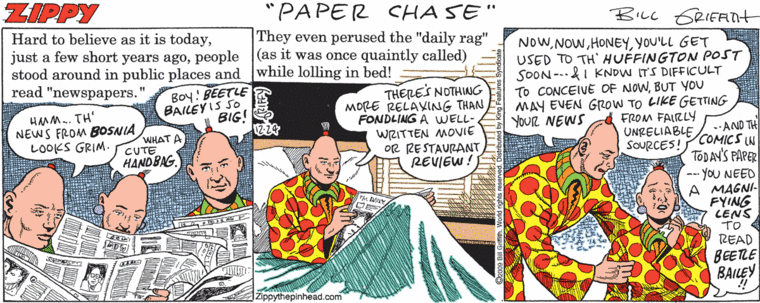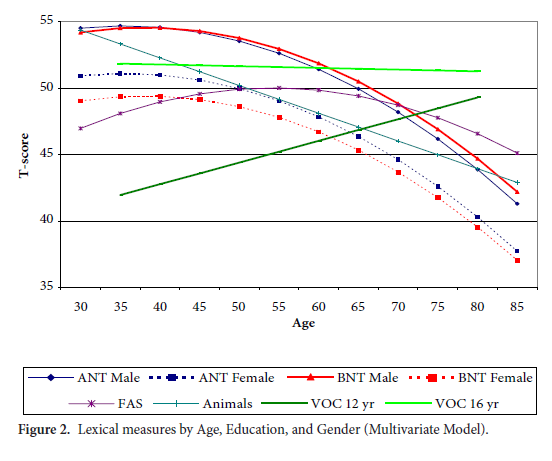More people than you think will understand
Andrew Dowd sends me a genuine, attested case of the kind of sentence that I have elsewhere called plausible angloid gibberish. It is a particular kind of mangled comparative that somehow seems English when it isn't. It has absolutely no right to be called grammatical, and nothing can explain why it is that we (falsely) believe that it has a meaning that could be accounted for in the regular way — it doesn't and it couldn't. No syntacticians that I know of can say why it sort of slips by, in comprehension and sometimes (as here) even in production. The sentence came from http://www.backspace.com/notes/2004/06/, citing AdAge, and it reads thus:
In Michigan and Minnesota, more people found Mr Bush's ads negative than they did Mr Kerry's.
Complete and utter syntactic nonsense. And yet when you read it you see what they meant long before you realize that they couldn't have meant it.
Read the rest of this entry »



